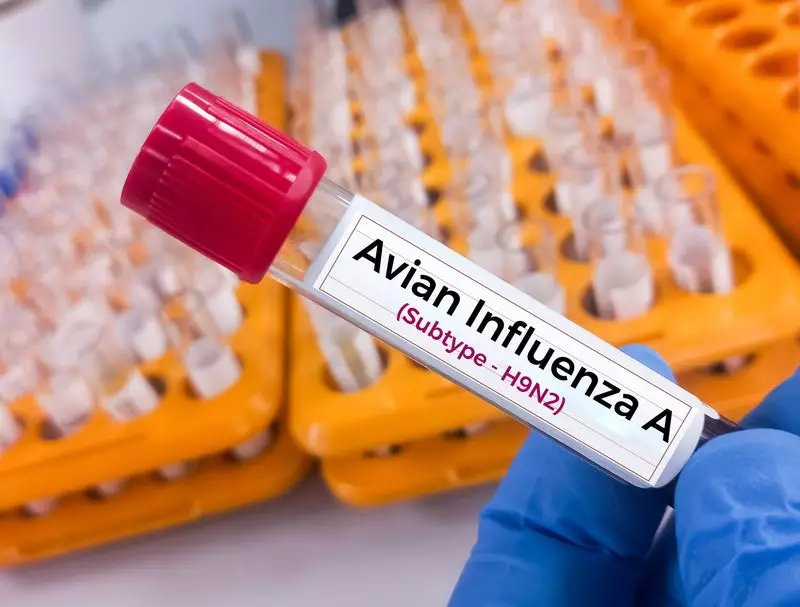
France has catapulted its bird flu alert to the highest level following the detection of multiple new avian influenza cases, triggering nationwide emergency protocols and raising alarms across Europe's agricultural sector.
Emergency Measures Activated
The French agriculture ministry has officially elevated the avian influenza risk classification to "high" after confirming several outbreaks in domestic poultry flocks. This decisive action mandates immediate containment strategies including:
- Compulsory confinement of all commercial poultry operations
- Enhanced biosecurity protocols across farming facilities
- Restricted movement zones around affected areas
- Intensive surveillance programs in high-risk regions
Outbreak Hotspots Identified
Recent confirmed cases have emerged across multiple French regions, with particular concentration in areas known for intensive poultry production. The rapid spread has prompted authorities to implement preventive culling operations in proximity to infected farms.
"The situation demands immediate and rigorous response measures to contain the virus and protect our poultry industry," stated a ministry spokesperson.
Global Context and Seasonal Patterns
This development occurs against the backdrop of increasing avian influenza activity across Europe and Asia during the autumn migration season. Wild bird populations, particularly migratory waterfowl, serve as natural reservoirs for the virus, facilitating its spread to domestic poultry through direct and indirect contact.
Economic Implications for Poultry Sector
The elevated alert level carries significant economic consequences for France's substantial poultry industry, which ranks among Europe's largest producers. Previous outbreaks have resulted in:
- Massive production losses
- International trade restrictions
- Substantial compensation costs for farmers
- Market volatility in poultry products
Public Health Assessment
While the current strain primarily affects bird populations, health authorities maintain vigilant monitoring for any potential human transmission. The World Health Organization continues to assess the risk to general public health as low, though precautions for poultry workers remain essential.
Consumers are reassured that properly cooked poultry products pose no health risk, as standard cooking temperatures effectively neutralize the virus.
Preventive Recommendations
Poultry farmers and backyard flock owners are urged to implement strict biosecurity measures including:
- Preventing contact between domestic and wild birds
- Using dedicated clothing and footwear in poultry areas
- Regular disinfection of equipment and facilities
- Immediate reporting of sick or dead birds to veterinary authorities
The situation remains fluid, with French authorities committing to daily updates as the containment effort progresses through what experts describe as a critical phase in controlling the outbreak.





